Bright spots for advancing ecological understanding and conservation decision-making
Dr. Holly Embke, Dr. Zachary S. Feiner, Dr. Gretchen Hansen, Dr. Daniel Isermann, Dr. Olaf Jensen, Chris Rounds, Quinnlan Smith, Dr. Jake Vander Zanden
July, 2025
Abstract
A lot can be learned by studying bright spots—defined as unexpected positive outcomes. In fields like public health, education, and oncology, identifying factors behind bright spots reveals previously unknown drivers of success that can be replicated elsewhere. This concept is being applied in conservation but is hampered by variations in definitions of bright spots and confusion with hotspots—sites with high absolute values of a metric. We developed a framework to clearly define and distinguish between hotspots (e.g., a wetland with high plant diversity) and bright spots (e.g., a biodiverse wetland in a housing development), which outperform conservation expectations. The framework is an iterative cycle, consisting of setting expectations for relative comparisons, classifying systems into bright, dark, hot, and cold categories, and digging deeper to reveal hidden mechanisms and opportunities for intervention. We drew on examples from diverse fields to demonstrate how our framework can generate new knowledge, identify potential interventions, and inform management priorities. Defining conservation and management expectations, often through predictive models, is essential to understanding drivers of success and fosters hypotheses about overlooked factors. Our framework can enhance ecological understanding, guide interventions, and help prioritize actions in conservation and natural resource management.
Publication
Conservation Biology(70109)
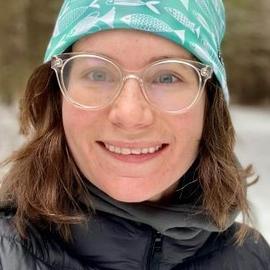
Dr. Holly Embke
Principal Investigator - United States Geological Survey
Holly’s research interests include aquatic ecology and climate adaptation
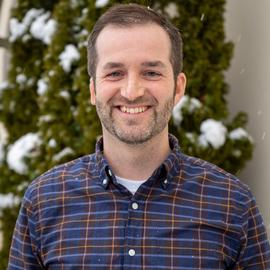
Dr. Zachary S. Feiner
Principal Investigator - University of Wisconsin Madison - Wisconsin Department of Natural Resources
I am a research scientist with the Wisconsin Department of Natural Resources and UW-Madison Center for Limnology. My research interests involve the human impacts on freshwater ecosystems, including climate change impacts on fish populations and the interrelationships between fisheries management and fish populations that drive the sustainability of recreational fisheries.
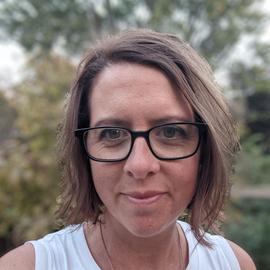
Dr. Gretchen Hansen
Principal Investigator - University of Minnesota - Twin Cities
I am an assistant professor of fisheries ecology at the University of Minnesota Twin Cities. My research focuses on freshwater ecosystems in the context of environmental change, with a particular focus on climate change impacts on fish communities.
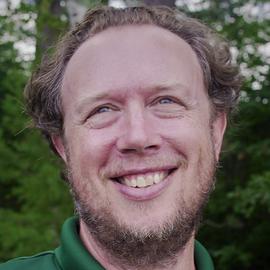
Dr. Olaf Jensen
Principal Investigator - University of Wisconsin - Madison
I am an Associate Professor in the Department of Integrative Biology and the Center for Limnology at the University of Wisconsin - Madison. My research is focused on understanding the combination of human and ecological factors that contribute to sustainability of marine and freshwater fisheries.
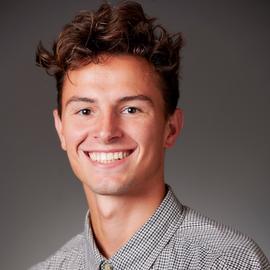
Chris Rounds
PhD Student - University of Minnesota - Twin Cities
I am interested in the anthropogenic impacts on aquatic ecosystems, mainly in the form of invasive species and climate change.
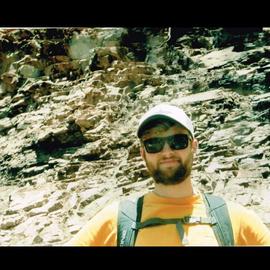
PhD Student - University of Wisconsin - Madison
My research interests include fisheries ecology, conservation, and management.
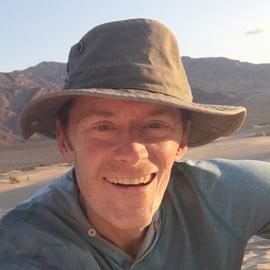
Dr. Jake Vander Zanden
Principal Investigator - University of Wisconsin - Madison
I am an aquatic ecologists who works on how human activities affect freshwater ecosystems.
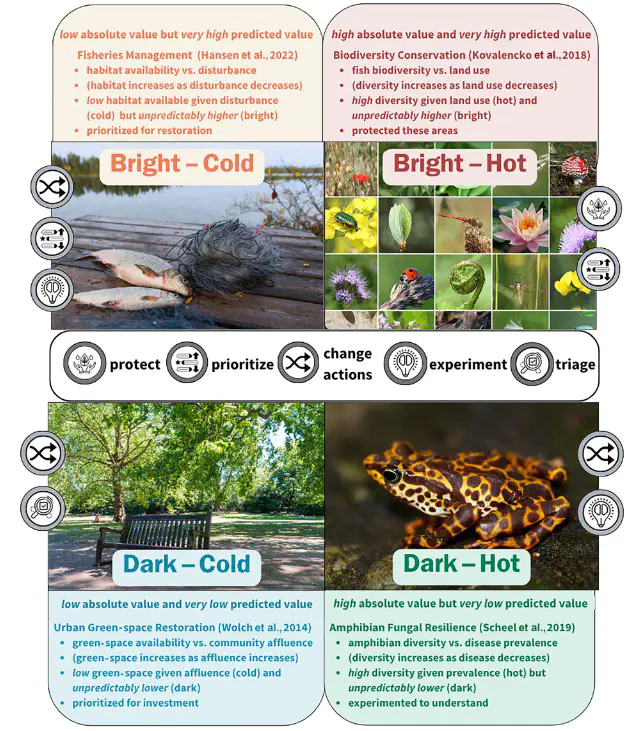 Spot Examples
Spot Examples